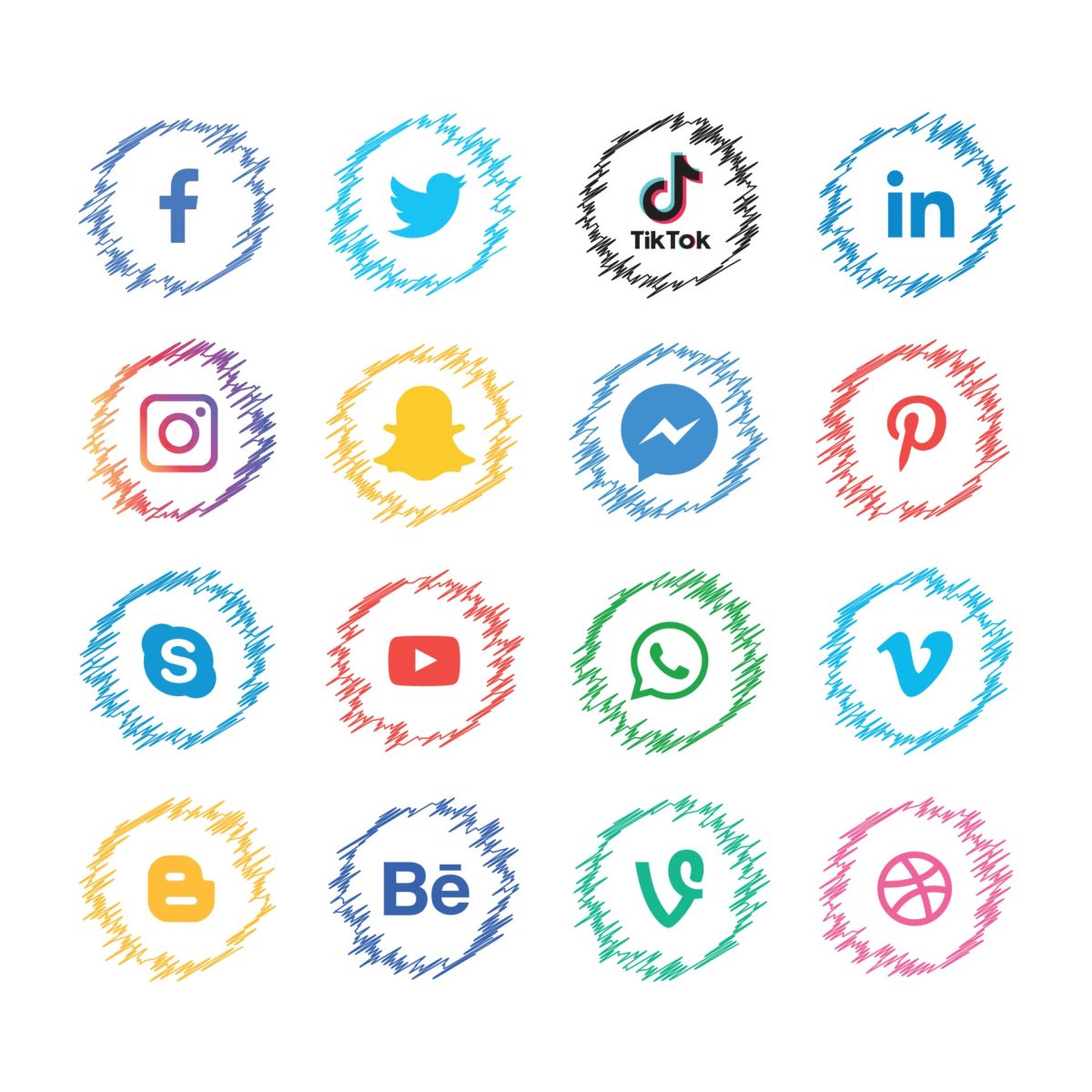The term “cancel culture” refers to shunning an individual or entity for perceived offensive actions or statements, often through social media. Initially, cancel culture started as playful banter criticizing action. However, as it evolved into professional boycotting, cancel culture has become an increasingly dangerous tool for many reasons.
Firstly, cancel culture could be more effective at creating social change and frequently backfires. For example, the 2022 #MuteRKelly campaign addressed R. Kelly’s allegations of sexual abuse and aimed to end financial support for his career. Alongside #MuteRKelly was the #ThumbItDown campaign, encouraging listeners to dislike his music in an attempt to erase the artist from music streaming algorithms. However, after R. Kelly was found guilty on September 14, 2022, Rolling Stone Magazine wrote, “From September 27th through October 3rd, Kelly’s on-demand audio streams were up 22 percent, while video streams were up 23 percent compared to the previous seven days. All told, his streams jumped from 11.2 million to 13.4 million. His album sales were up 517 percent.”
Another example was Morgan Wallen’s failed cancellation attempt. In February 2021, a video from TMZ surfaced of Morgan Wallen saying the N-word. The Washington Post stated, “[the controversies] led to hundreds of radio stations dropping his songs … He was also let go from his talent agency, WME, and ‘suspended indefinitely’ by his record label, Big Loud.” Despite these efforts, his music sales continued to increase. Slate Magazine confirmed, “Fans were overcompensating so much with their individual plays, Wallen’s streams didn’t go down at all. By the summer of 2021, Wallen’s music was edging its way back onto country radio, driven by overwhelming fan demand. He has scored half of his 10 Country No. 1s since mid-2021.”
Furthermore, cancel culture can be abusive and does not always reflect the truth. Cancel culture is typically spread through media, leading to biased stories that often don’t cover the complete picture. Historically, cancel culture has directly promoted sanism, racism, and more. In 1989, world-renowned professional bodybuilder Bob Paris came out as gay during a time when homosexuality was widely frowned upon. In an interview with Oprah Winfrey, Paris stated, “I lost about 80 percent of my business. Literally had doors closed in my face … There were a number of times where my life was threatened. Some death threats came by phone, by mail.”
Moreover, cancel culture often provides incorrect information. Social media offers little form of credibility, allowing rumors to spread quickly. A famous example of this was the Natasha Tynes controversy of 2019. Tynes, a Jordanian-American author, complained about a Black Washington Metro employee eating on the train. The tweet was instantly seen as racist, and within 35 minutes, she had taken it down. However, Tynes’ reputation was already ruined. Tynes stated, in an interview with Good Morning America, “I was called every racial slur you can think of,” also reporting multiple death threats. “I’ve had a career for 20 years and now when you Google me, that’s the first thing that shows up.” Through social media, a baseless assumption grew to damage her career irreparably.
At the third Obama Foundation Summit, former U.S. President Barack Obama concluded, “I get a sense among certain young people on social media that: ‘the way of me making change is to be as judgmental as possible about other people’ … That’s not activism. That’s not bringing about change. If all you’re doing is casting stones, you’re probably not going to get that far.” While accountability is necessary, a problem arises when judgmental criticism becomes a public spectacle, focusing on punishment rather than reform. The use of social media only furthers the consequences, allowing rumors to grow exponentially, and leading cancel culture to rarely progress towards resolving structural issues.









































